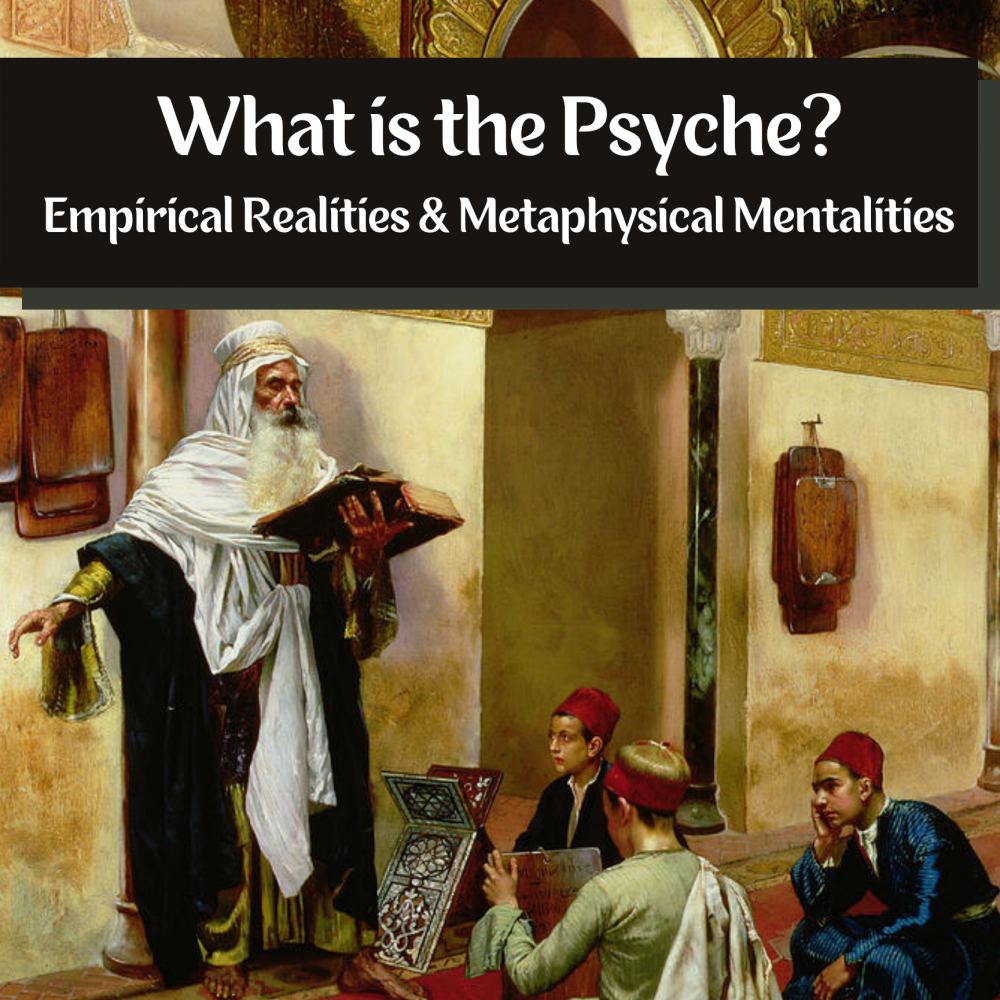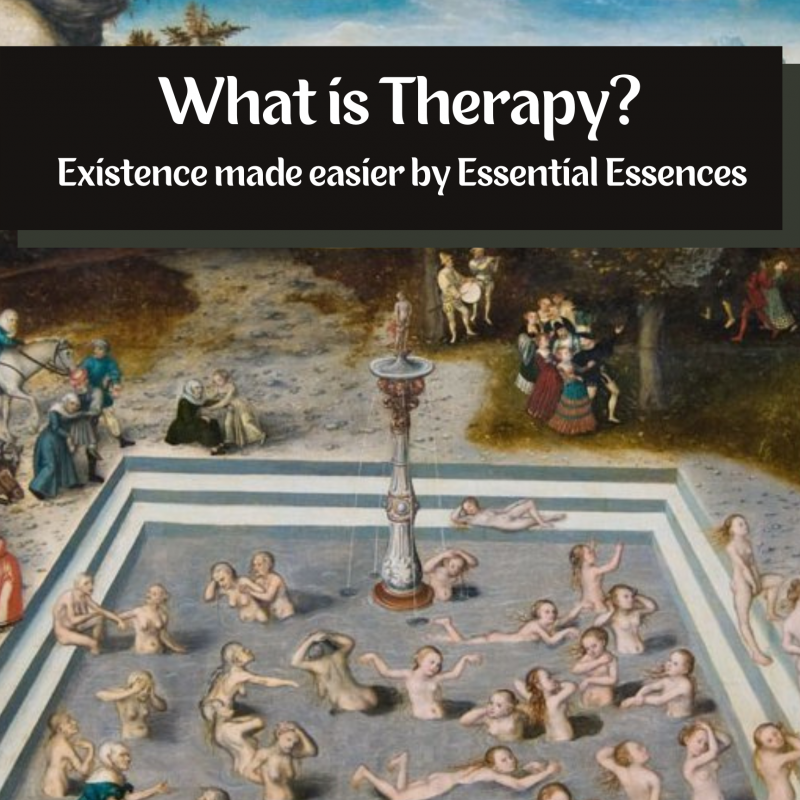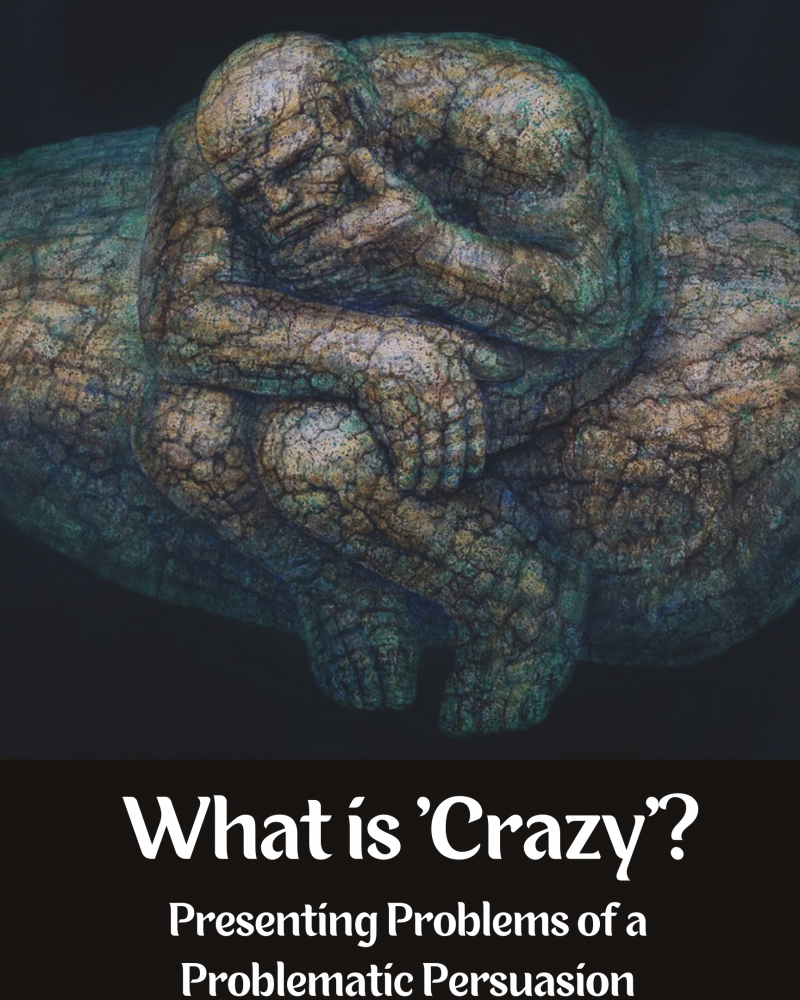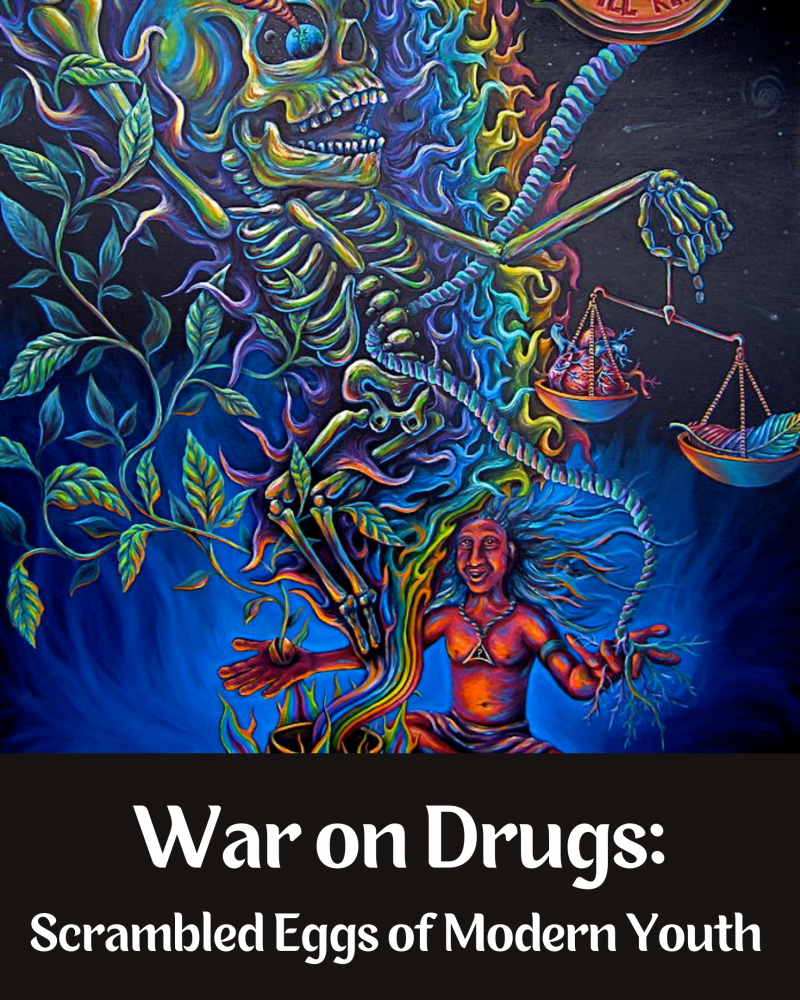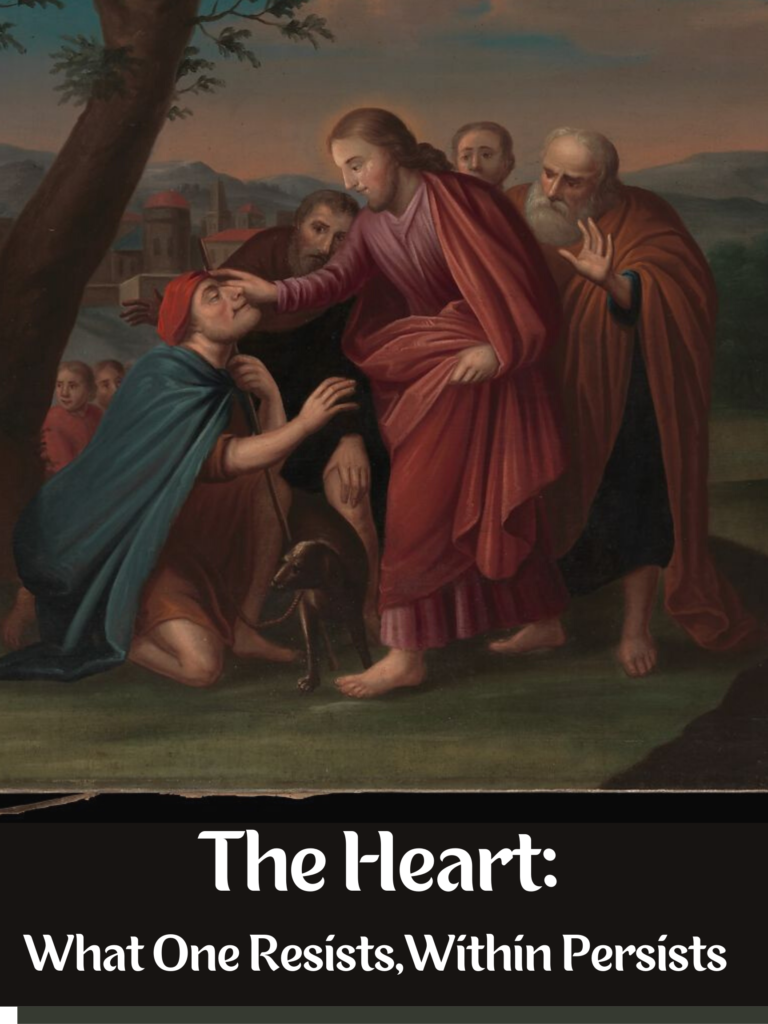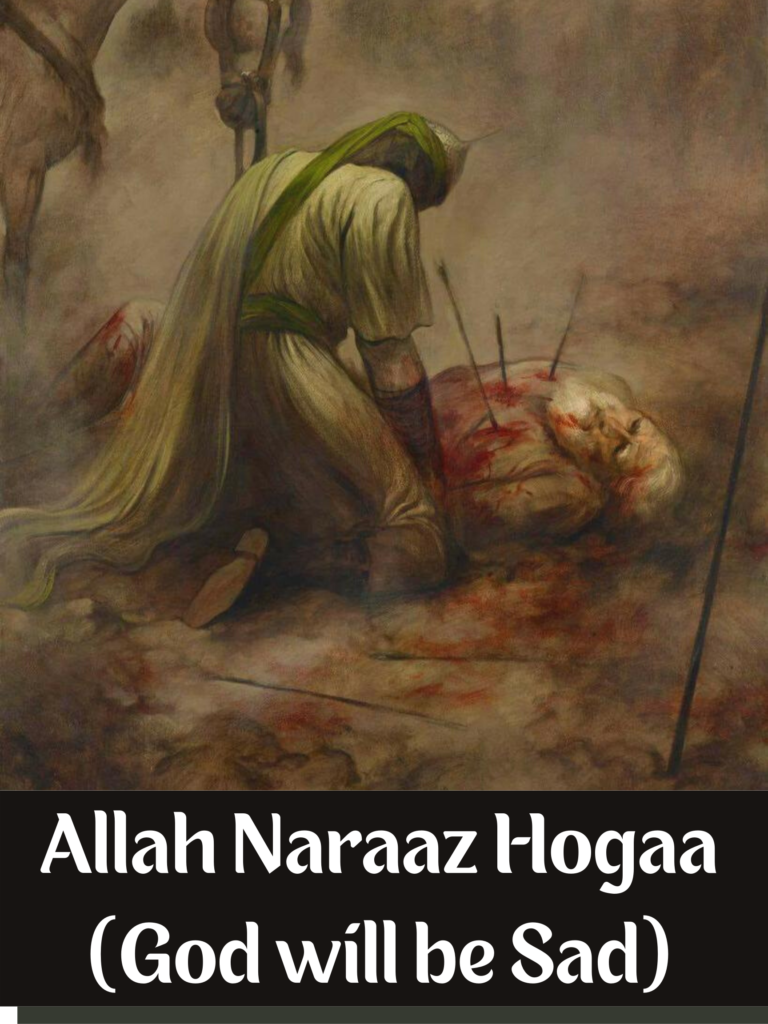Thoughts
“The city of God is made by the love of God pushed to the contempt of self;
the Earthly city, by the love of self pushed to the contempt of God.” St. Augustine
Click on image below to read corresponding blog article
What is the Psyche?
(Continued from Home page; click here to read first part)
…I guess it depends on who is answering and whom is asking the question. For example, if my Nani (grandmother) were to hear that her grandson took his life and she was presented with fMRI brain scans assessing the lack of grey matter in his corpus colosseum or some other empirical piece of data, it would produce only more tribulation and unsteadiness. The scientist, the psychologist, the ‘health professional’ would have to be removed from the room and the Imam, the chaplain, the soul interpreter would have to be brought in. ‘Your grandson had demons within him that were reducing his ability to communicate with God and he tried to hold onto the light for as long as he could, but eventually he had to let go, or else the Devil would have made him do something even worse.’
An answer which if held within the purview of any materialistic analysis would be inadmissible or abjectly thrown out as nonsensical drivel. But if at an abstract level, the world of gods and spirits and demons presents itself as a conviction, then it enters into the social milieu, not just as a common language which tethers individuals to a sociocultural fabric, but a higher order answer than the one presented before by the naturalist.
An answer that is capable of presenting a more complex and illuminating dimension that science misses; the moral, the transcendent and the existential, along with the technical. Solely relying on empiricism may present a biochemical understanding as to the how of ‘Robert (or grandson) had depression’, but the deeper layers of man’s turmoil with the why of our present state of all things and the inner demons (anxiety, depression, angst, loneliness, hate) that has poured forth is not only missed, it presents as a non-issue when it is the issue. That although at a materialistic level, we have prospered beyond the imagination that any previous human could fathom, in another way, the collective enterprise of modern existence has produced abysmal failure.
And I see the carcasses and casualties first hand… In children who pull hair off their heads, and tie make-shift nooses from pajama strings around their necks and shake vehemently in cemented rooms with dimly lit standard issue fluorescent lighting. Who ask themselves what they have done to land in this hell forsaken place and whether anyone will see in them, some semblance of humanity, to pull them back out?
‘Invited or not, God is present’ (Carl Jung)
And so it must be that in every interaction I have had with maladjusted or troubled youth, in their stories and pain was an orientation somewhere unstandardized and beyond the ‘clinical’. What else can I do but look into myself and expunge the elements which bind my soul with some sense of what is beyond any rational understanding with the human being that sits before me…
I do not have a syringe full of dopamine, nor any pill that can alleviate the disturbances of a faulty home and negligence from a faultier world still. All I have are my words, my being, my persona. Where these come from? God only knows…

The Lesson by Rudolph Ernst (1854-1932)
This is the metaphysical dimension of psychology that this language game we have concocted cannot easily reconcile. The standard treatment and ‘evidence-based criteria’ for humans suffering are other humans who have been put in this position due to pre-set markers for intelligence. And so when I speak to children, I cannot rely on language games which ask me to talk to them like they are lab rats or medical patients suffering from knee pain. Voices enters my heart from places unseen, places that my mundane normal life of chores and academics restrict me from entering…
But I press on… engaging with what is presented before me with wisdom from our Transcendent consciousness; istahkhara, holy men chanting the manifestations of Allah on prayer beads, my father enlivening as a Rizvi (a descendent of the 8th Imam Ali Al-Reza) and my Being itself marked by mystical creatures, martyrdom and miracles. I have held the knife to God’s throat and pressed the blade against His jugular and stared deeply into the Void. Satanic whisperings have said ‘just do it’, ‘just kill god’, ‘it’s all fake man, you know it’ and I look back at their tired and decrepit faces and look at the blood which stains my hands… Knowing that only I am accountable for the act which hangs on the precipice. I look back at the Face of Allah and it blinds me intensely. I must drop the blade and quiver and cry and wail and apologize and lambast myself as insignificant and ignorant. God stands above me and holds me like one of those injured pigeons my Nani would nurture, while my brother and I watched on, witnessing a holy incantation and manifestation of the All-Compassionate.
He whispers things in my soul about the ineptitude of time, of darkness and light, of finding strength in myself and the imbued breath which binds the human essence as part of the Eternal Refuge. I hear these and it provides more than just comfort, it brings me to time and spaces as a child, as an old man, as a lowly animal and angelic creature simutalenously—that in my naivety as a boy was contentment and a stronger conviction which bound me to Him… These whisperings cause me to fluster and precipitate and coagulate these psychic stirrings with the task before me. To use my words to heal children who are suffering.
What is Therapy?
What are the means and what are the ends? Where did we come from and where are we going? How can we say we are ‘good’, when the reflection of our world does not match that insignificant and increasingly irrelevant term? If good means to do as we want (within limits), how do we know when that satiation has been met? Why do I not feel good, even though, I tell myself that I am good? Are the people I surround myself with also good ? How can I really even know them, when I don’t even know myself?
All questions that have been directed at me through the course of ‘doing therapy’, the youth speak to themselves in most cases… They mumble these existential juggernauts of purpose and meaning as I ‘try’ to embody something more than my skin and flesh. ‘Transference’ is the technical term but it is much more than just seeing yourself in another human who suffers. In this 1 hour allotment of time, they wrestle with the dilemma presented before them (and all of us); to forge forward and activate the broken semblances of their innards in a world, which is also corrupt and decrepit, but necessitates humans with strong wills to leave a lasting imprint which endures long enough so that others can huddle around the safe and warm embers of who they are and were (including the legacy they left, the intrinsic character which graces the memory traces of their loved ones and the ritualistic patterns which endures in the behavioral tapestry of those they influenced).
And so it all begins, with ‘tell me, how’s your day going?’ It is this line of Socratic questioning that has presented itself as the tool par excellence in my therapeutic wheelhouse. I read once that ‘clinical judgement’ and number of years ‘in the field’ are two strong predictors for a measurable level of success for any psychotherapist. I remember our counseling professor unknowingly warranting the metaphysical aspect of this so-called fact, ‘..and what is meant by clinical judgement, we are not entirely sure…’, before moving on to the latest evidence-based technique for eye contact with a patient or whatever. It’s like the secular and scientific language we are forced to use in our textbooks, classrooms and professional interactions are a circuital mode of inquiry which seeks answers to questions that cannot be rectified and, in the process, harkens new questions which only increasingly dilutes the position we started at. And round, round, round, round, I get around. But most of the time, we get somewhere.
Clinical judgement, number of years practicing, use of evidence-based interventions, cultural sensitivity, degree of empathy, interdisciplinary competency and self-awareness. Those are like the Willy Wonka golden tickets for aspiring psychotherapists who just want to be good at what they do.
And so our yearly competencies produce Likert scales that we look at, assess, discuss with our faculty and create makeshift logistical scenarios to increase the weightage on (‘looks like I need to enhance my empathy! Hold on local soup kitchens, here I come!’). The language games which pigeonhole our profession so that we are constrained to speak about human beings like they are carbon monoxide fumes or dead rats whose amoeba cells we are attempting to glean, do not offer the heart and soul of what this position entails.
That we are good at what we do, only in the reflection of those whose lives we frequent. Yes, accurate assessment testing, critical thinking, polished training with years of coursework help in that regard. But the essence which makes-up the cumulative humans allotted in these positions of healing must not be so easily discounted.
As Paul Tillich says, “Man is estranged from what he essentially is. His existence in a transitory world contradicts his essential participation in the eternal world of ideas.”
Man might be estranged, but I have met endless young people who knew themselves so firmly that the puzzling contradictions of a world inherited only present as a bemusing farce which they openly mock. Including the vague, nameless, faceless adults which drone on about diagnoses and solutions to questions which they never asked for in the first place.
The Fountain of Youth (1546) by Lucas Cranach
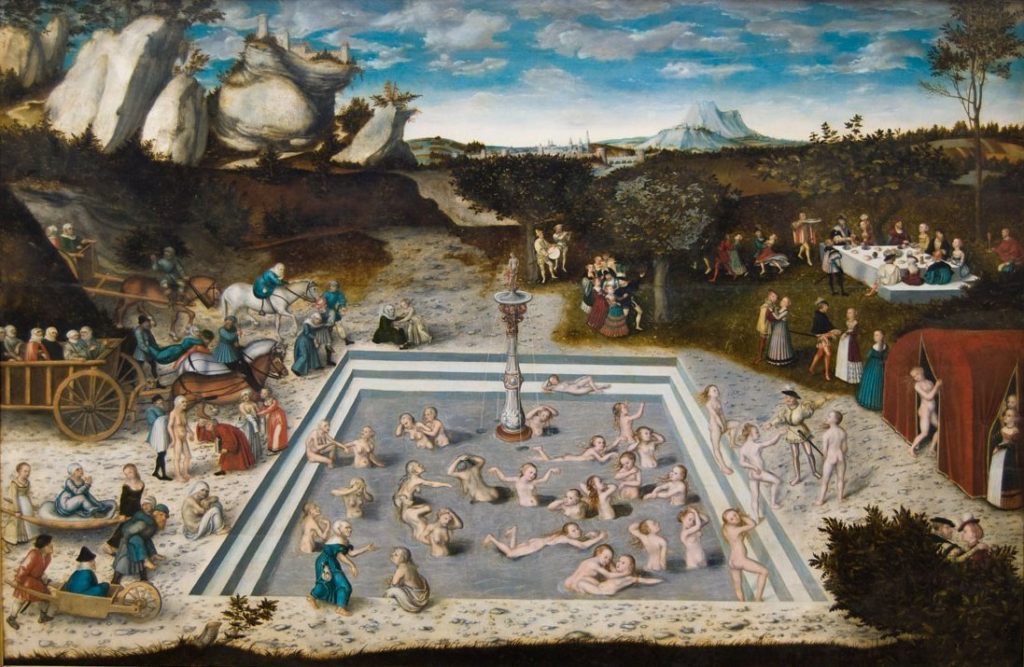
The War on Drugs... mmkay
“It’s all bullshit..“
I have heard this utterance multiple times as I practice therapy, the youth sigh and look afar, dilapidating onto the therapy chair like one of those ‘Don’t Do Drug’ informercials with the deflated humanoid. That image formed the first crystallizations in my mind of what ‘drugs’ could offer to the conscious experiences of school-aged youth. So deeply imprinted, that eating Cheetos and playing video games have become the unsung associations we pair with ‘frequent marijuana usage.’
The War on Drugs and the vested interest our corporate institutions gain in incentivizing misdemeanors related to petty drug usage and distribution aside, could there have been a more enduring and meaningful impact made through the masses of media consciousness if we re-contextualized the initial presupposition? Like instead of the deflated girl or scrambled eggs for brains, images of marijuana smoking and taking acid were juxtaposed with laughing in fields or letting go of old grudges (not saying that drugs are either positive or negative, just that our subjective evaluations of ideas have themselves become the products of corporate sponsorship).
Drugs being implicitly paired with hedonistic recreation and pleasure-seeking is the root of the moral conundrum which pins this War of Drugs as a never-ending blitzkrieg; we know from research studies and anecdotes (which carry so much more weight than any meta-analyses ever can) that ‘youth who have heightened drug usage fall short on many outcome variables such as decreased quality of life, increased risky/impulsive behaviors, negative peer associations, risk of school drop-out and maldaptive relationships’. Therefore it is surmised, since there is considerable evidence on its dangers, it is worth continuing to fight for this issue as one of moral certainty (whereas the Left keeps remarking on its economic viability and care-free usage by so many, the Right is still stuck on the underpinnings of what it means to have a society of ‘deflated girls from the 90s commercial’ walking around an already bereft society).
But if that moral issue is reformulated, it would present a more viable argument as to the ‘role of drugs’ as an essential in our society, away from party-fueled recreational and fun-seeking endeavors or Right-wing propaganda, towards therapeutic and communal healing. Firstly, by changing our discourse on the usage of drugs at an academic level (this is no small feat; most schools have a ‘zero tolerance’ policy on anything resembling a vape creating a ‘culture of fear’ on even mentioning any benefit). Secondly, using science encompassed from research institutions such as MAP (Multidisciplinary Association for Psychedelic Studies) which are corroborating evidence which has already been deeply understood by Indigenous communities; that their are dynamic & varying levels of consciousness, with a sober mind only being one frequency of many. Through a healing paradigm, drugs or rather natural medicine (to differentiate between psilocybin & heroin) can assuage suffering and transform our selves & our communities. It is the orientation of our society which must change first.
This 90s commercial is the one referred to in my blog. It was perhaps my first exposure to the ‘danger of drugs’, for better and worse.
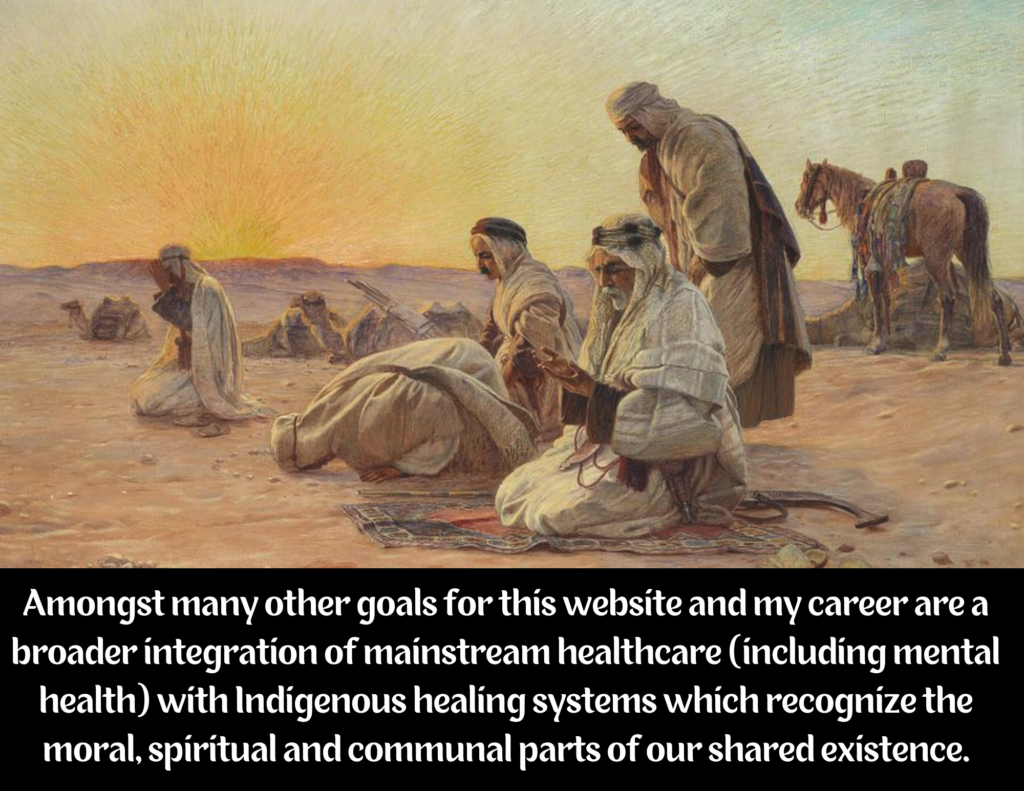
Understanding our Heart

What is the way into one’s Heart? Supplications and appeals to the Divinity of God through song, poetry and art have helped myself and countless others tap into that shining light within each of us.
I heard once a sheikh say that the biggest sin in the world wasn’t adultery, it wasn’t even murder. It was indifference. That when a human being reaches a state when they justify all their behaviors under the guise of an overarching apathetic principle such as ‘it doesn’t even matter’, the light of God has left their hearts. That is the worst possible outcome. That is a Sin. It cannot be absolved because the conscience will to do so has diminished. The possibility of what could be and what could have been is no longer. What bigger Sin is there? To be so close to the Light and opt for the Dark. Isn’t that why the figure of Satan remains such an elusive and alluring figure to mankind? That we can’t believe his audacity, his tenacity, his ability to be so close to Perfection, to stare at the Face of Truth and choose the opposite. What is the absence of All-Perfection? Did Satan choose what would become the moral trajectory of us all? Are we closer to him in our imperfect natures than we will ever to be to the Most High? Is that why we also desist, is that why we also misbehave so defiantly, with a sycophantic urge and a sinister craving that suggests even if we were caught and absolved, we would only come back to do it again? We blame it on Satan and his ilk and we beg for clemency but our wanton cravings linger in the nooks and cranny of our souls. Has God placed it there? When He breathed his spirits within us, was there a pause that gave way to these fantasies and urges? These images that come into our minds of destruction, of pure and utter rage, of blissful pleasure and remorseless existence.
I have just finished the Book of Leviticus and I am struck on the thematic parallels between the great spiritual works: the Divine always makes an appeal to the heart. Always. There isn’t a single quote, that says “And the Lord shall intervene through your intellect or rationality.” Yes the great gift of reasoning and thinking is what separates man from beast. But what separates good from evil? It is the Heart. That is completely lost in this society. And especially from the brainwashing of our stale educational institutions. I am not demoralized but rather energetic and passionate on how we can inform this world, to reconsider the human essence is more than the sum of its parts.
These doorways of heart-language and love as the nexus of the human species and our evolution were practiced by generations of ancestors and holy persons who worshipped only for the sake of loving God. We may criticize the current trends and ways of society but we do a disservice because their biopsychosocial patterns are not lost, just because they have passed on. Just as the length of my nose, the dosage of melanin in my skin, the genetic properties of calcium and Vitamin A and the slight curve in my back are physical leftovers from thousands of Syeds I have never met before. Their spiritual tracings forge a path forward for the thousands of Syeds who will come ahead. I am but one but if peered behind the veil, it is a mighty One.
"God will be Sad" (Lamentations from Above)
‘The future is in God’s hands‘ we say but that connection to strengthen its becoming is always within us. Waiting to be amplified, even through wanton sin and debauchery. A call which was placed within us to become our near-perfect selves, why? Because God knows us better than we know ourselves. He knows these deep soulful images which flash in the deep hours of the night, the dreams we hide from everyone else for fear of vulnerability and ridicule, the anxieties we hold onto so firmly as we parade around in our own illusory facade as intellectuals; telling others how to be well and behave while we burn in our own flames of disorder. A Greek tragedy. But we love to see it. God understands that part also, that self-destructive self which wants to be united with the Devil, his tenacity and courage to stand up to the Divine being paralleled in our own microcosmic infractions, we smile as we sin and laugh and play all the way to hell. But what does that do for what we could have become? We played into the devils hand and cheated ourselves in return. “Allah naraaz hoga” we say, God will be saddened by the things we do. God feels pain? We can’t ask those types of leading questions but the statement itself suggests some inquiry. God’s infinite nature can’t be compartmentalized into human concepts but it is the only way we can relate to Him.
I understand the Christian position on God being 3 in 1 (albeit from a psychological perspective). I ask myself, why can’t others see that? In scorning and mocking their belief system (and vice-versa; each one of us camped in our huddled armies of ‘us’ and ‘them’), we do such a disservice; limiting our own worldviews so we cannot connect with millions of others. That potentiality severed. God becomes sad. Because He created us, breathed His life into us, gave us the capability of strengths we only dream of possessing, yet they lay dormant. To change the world. But how can I? I ask myself to the point of tears, to the point that I can’t breathe sometimes, that I feel so lost and alone and hopeless, this sense of dread so common to the beleaguered. Who will listen to us? Imam Hussein echoed those statements and we are told that it will only take 313 for the Mehdi to reappear and bring justice to the world, as Sheikh Ramadan forewarned “millions walk every year in Arabaeen (our holy pilgrimage), where are those 313?” we are doing something wrong.” I hear those things from other religious leaders and I just want to ask them what they escape from? That we can be united only when we come to a place as a community where we appreciate one another’s imperfections.
The paintings to the right demonstrate the archetypal and symbolic ideals of ‘killing God’ (i.e., destroying the divine nature within ourselves); our ability to transmute our suffering and pain into Oneness is achieved through enacting the rituals and alchemical processes to embed these narratives as fixed psychological orientations (hence Catholics drink the ‘blood’ of Christ & Shia Muslims mourn during Muharram to emulate these holy exemplars in the hopes that the embers they left forge within our own spirits… Inshallah).
To learn more about the story of Daksha, visit this link: https://glorioushinduism.com/2019/01/03/daksha/
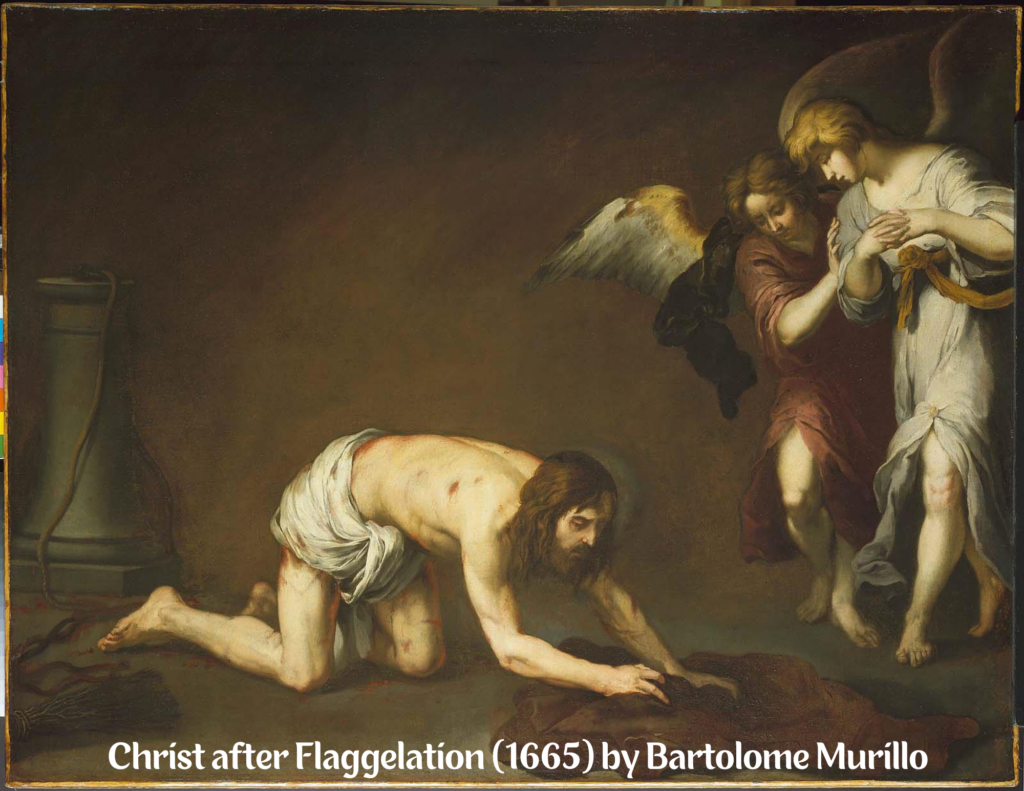
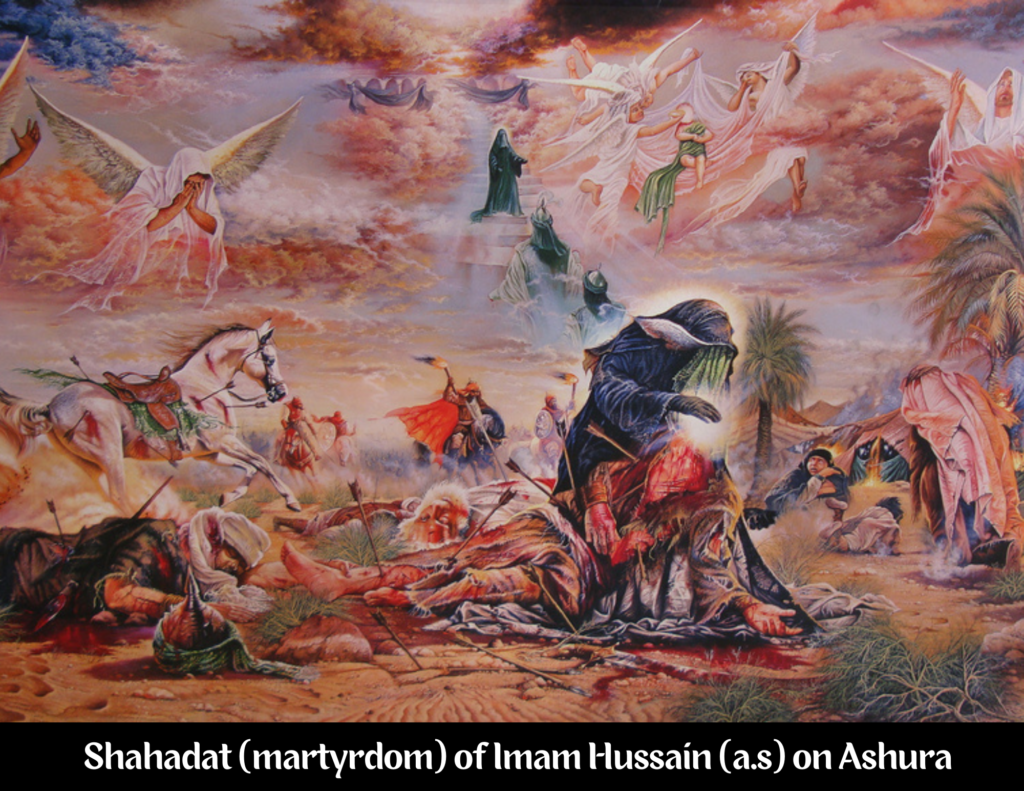
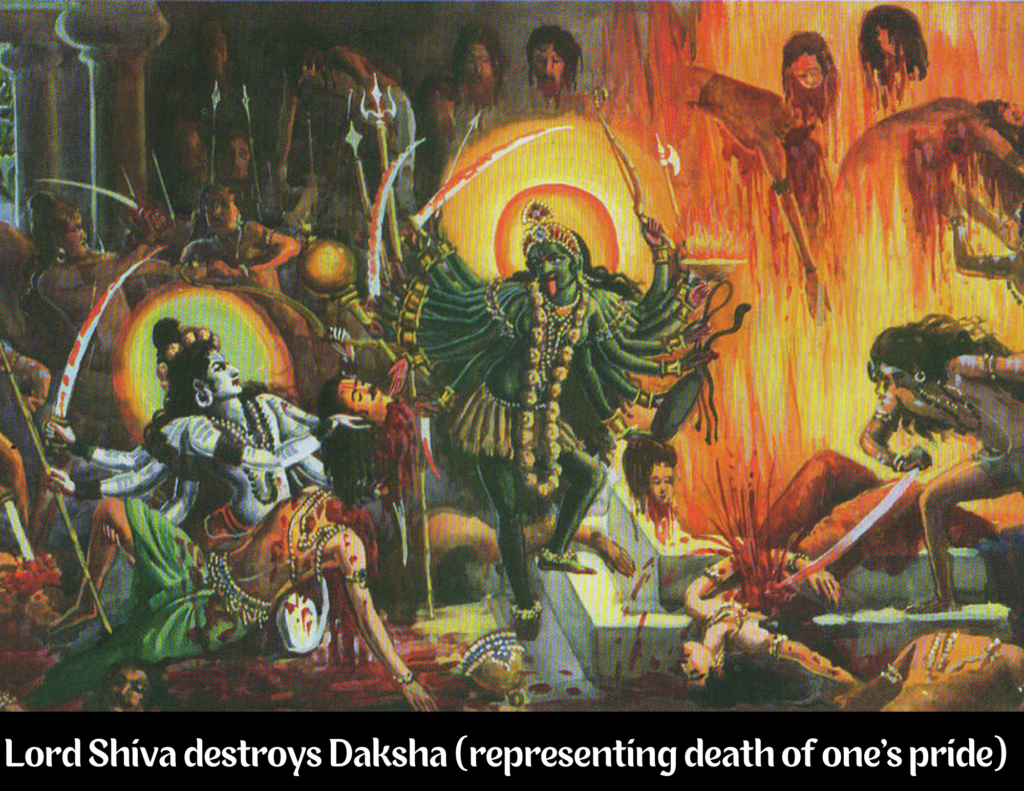
What is 'Crazy?'
I stand at an injunction often obfuscated to myself, until I give myself a moment of reprise and recollection.
“Why can’t you fix him?”
I have heard this statement leveled at my Being, in one alienable form or another, from 3 different individuals at 3 different points this past week. They cock their heads to the side, tilt one eyebrow in genuine exclaim as to the reply I can possibly produce. It must be the equivalent of a great painter being siphoned to construe the fleeting amalgamation of shrubbery and wildlife in the collective imagination of those unable to process that visual stimulus in such a heightened manner. Or a CEO being shown the dismal reports from the previous quarter and asked to bring the collective force of what literally and figuratively ‘brought them to the head of the table’ to sojourner this flailing corporation into the marked reaches of Fortune 500 galore.
Usually I am asked about ‘those’ people as a generalized assortment, a congregation of ‘others’ like they are members of a subspecies who cannot engage in contact with non-licensed individuals for fear of complete implosion like obtaining an LPC or PhD requires an anthropological outing where we sit under dark bridges and recite Othello with bird shit on us, until our supervisors can glean that we have now acquired enough of a dual citizenship that we can traverse both ways now. ‘You have learned enough experience and clinical skills from working with enough diverse populations, that you are now afforded a license to translate what you see… translate it for the rest of us, because we have no idea what the fuck is going on with those bridge people, do you?’
I defend those who cannot speak for themselves. And I feel the power of what education can provide in these interactions, time and time again. Because we are all psychologists. I hear observational statements on the nature of philosophical assumptions as to why person x exhibits behavior y or thought z. We grandstand and conjecture and produce our own manuscripts of clinical enterprise, with far weighty footing than the likes of Erikson, Fromm, Piaget or Freud. Because we are each the active agents of the very unfolding of our own psychological worlds. From the unconscious settlements which nestle the first inklings of the cognitions which become synthetized weaves of nomothetical nets that become our schemas and worldviews, which then flare our motor activities to producing lived behavior to match those conscious attributions, to the reciprocal justifications to match the desired motifs of said behavior with the utilitarian consequences of what it brought forth, to the higher order meaning frameworks and spiritual foundations which encapsulate these daily patterns in the narratives of who we are (and who we will become – so that even if the behavior meted failed to produce significant effects, it can always be transmuted as another ember in the fireplace pit of our intrinsic selves, so that our future selves reflecting in our present moment’s past are always somewhere up and above, looking down at the crisscrossed and zig-zagged pathway which seemed abstruse at moment of initiation until the clairvoyance of time and experience lifted the cloud… when that moment occurs? We are not sure, but as Victor Frankl made clear in his observation of death and suffering at Auschwitz, we each hope and that utopia somewhere down the yellow brick road and just around the river bend, pushes us to persist even amidst death and suffering).
And that is the best part about my job, this path ahead.
That it is never a one-way lecture neither a professional consultation with myself in the royal wardrobe and wigs of the psychic parliamentary signing some letter with technical scientific jargon to declare ‘mental health’ or ‘psychic reality’ or ‘why person x did thing y’ as belonging to any declarative objective reality. ‘You work with crazy people, eh?’, has to be the single most prominent statement levied at me; most times, I will put my phone down and engage in some delayed gratification as to what I was currently doing to convince this person that nothing is at seems at surface-level?’ Let me wash back the cheese toppings with my lemonade soda, roll up my dress shirt with red pepper flakes on it and stare into this person’s soul, ‘so what is your definition of crazy?
And conversations happen far-and-away from the supervisory meetings and practicum classes which provoke the most boring and tedious conversations as to what these surface level symptoms mean for person x and their culture, we can’t forget about their culture. I don’t mean to denigrate it but higher education, and education in general, has become so convoluted and safe, that actual conversations on human beings suffering from human problems are bypassed to create standardized technical jargon so we can all justify that plaque which will one day hang on our tenured walls in our utopian, hopeful futures. I find real conversations with real people much more fascinating because it isn’t ensconced in any trepidation due to the social merit which may be damaged if we just fucking start going on a rant about what these innate truths which pin ‘mental health’ as some objective reality for us to convince others to join the language and mental games even are? And the conversations always go there with real people, they are not constrained by scientism and the Sauron’s Eye glare of Father Education which blinds us so forcefully, we have to just succumb to the curriculum poured into our esophagus as Truth to Not be Questioned.
And so I feel even more of myself when speaking with strangers, especially strangers, and secondly people in my personal life, about these same dilemmas – ‘why person x did behavior y and believes thought z.’ It’s like a puzzle we’re all putting together and I am standing on top, trying to remain objective in my white coat and professional voice as to whether the pattern is starting to make sense from a bird’s eye vantage point. And when I ask them to stand up so they can see the puzzle also, it looks kind of like a bird, but also like a cloud, but also like an impressionist painting? ‘Dr. Rizvi, what do you make sense of this?’ And I can clear my voice and just say whatever the fuck comes to my mind, as long as I prefix it or end it with ‘…I am getting my PhD in Psychology.’
And people will at least mumble some agreement or nod their heads, and at most embrace me in a full hug due to the personal nature of these abstract conversations and what it means for a lived person in their lived lives. And that means everything. Because it means I did more than what was expected of me, not only in justifying those we call ‘crazy’ or ‘weird’ or ‘mentally ill’ as human beings worthy of our respect and conscious reproach. But it means I gave them some hope, that we are all in this together. The Puzzle of Humanity. And that even though, our surface level details related to race, ethnicity, culture, language, family characteristics, socioeconomic status, neighborhood quality, mental health diagnosis may create false mirages, that we believe our stories are separated due to these erroneous particularities. Underneath it all is the Oneness we each feel. When we love and feel loved, when we dream and our dreams are achieved, when our universes provide concrete answers to the vague questions of life which have only thus far provoked puzzlement and apathy, when characters appear in the monotonous theater stage plays of our lives to provide impromptu monologues of genuine authenticity and spiritual clarity that we listen for the first time in so long, that we connect with those who are disconnected from the mainstream establishment and status quo profundities of normality, that we see in them some deeper element of Truth which provides higher-order answers above the technical jargon of what their presenting problems mean for us, our bottom lines, our materialistic enfolding, our social repute, our vision for the utopian future which necessitates those in our immediate environments to follow a pre-arranged pattern of ‘person x did behavior y and thought thing z and led to happiness ABC…’

